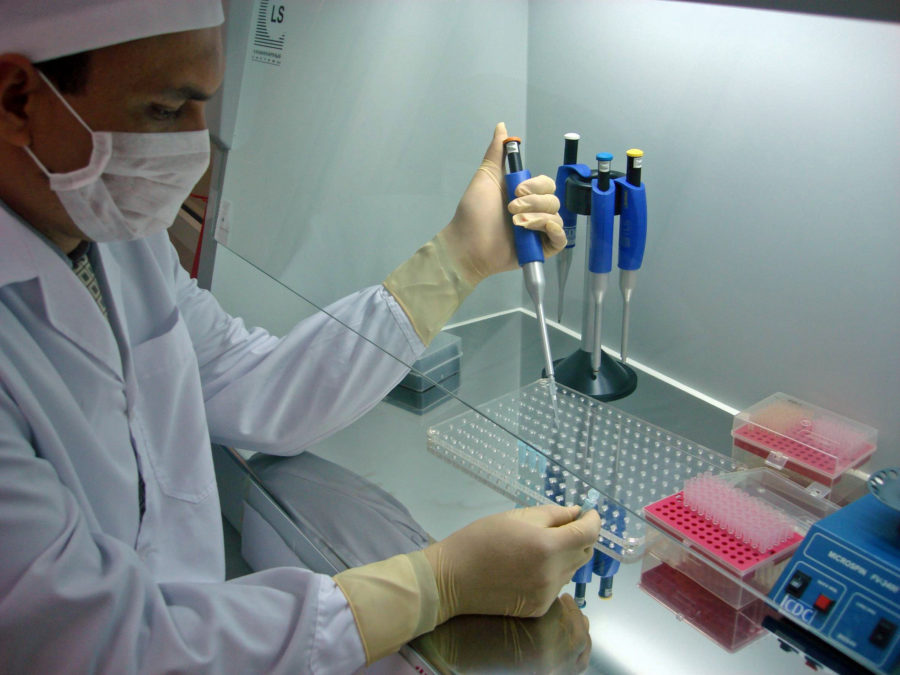
BASED on the available data, it seemed likely that having the Novel Coronavirus (Covid-19) once, results in immunity in most individuals – as is seen with other coronaviruses.
However, data coming in from China, Japan and South Korea seemed to have suggested that some individuals were falling ill for a second time.
As China and Japan start to reopen after being shuttered by the coronavirus pandemic, doctors are finding that some patients are testing positive a second time, worrying many that immunity is impossible.
As a result of these reports, the World Health Organization (WHO) warned governments against using so-called “immunity passports” to allow people to return to work simply because they have antibodies for the virus.
In an update on April 24 to its guidance, the WHO warned there was “no evidence that people who have recovered from Covid-19 and have antibodies are protected from a second infection.”
It was hypothesised then that the virus could be mutating so quickly that people already infected once would no longer be immune to these recently mutated strains.
However genetic analysis within the past week in South Korea found that there have not been any substantial changes in the virus which would effectively disguise it from the immune system.
Some experts say the answer lies in faulty tests but others have said the virus could be reactivating in people’s bodies.
Health officials in South Korea, however, say the sensitive tests just cannot tell the difference between a virus that is dead and a virus that still lives.
The test used to detect the coronavirus in a patient is called polymerase chain reaction (PCR) and its job is to find evidence of a virus’s genetic information in a patient sample, such as a throat or nose swab. However, the test has its technical limits. The test cannot tell if the remaining virus cells in a person — which can be detected one to two months after the cell dies — is dead or alive.
Although somebody can recover and no longer be infectious, they may still have these little fragments of (inactive) viral RNA which turn out positive on those tests.
To back up the claim, scientists culture the virus, meaning they place the virus in a dish and see if it grows on its own. If someone has been re-infected after testing negative then their culture sample will grow.
The researchers in South Korea took three cases from the same family where some members tested positive after recovering and investigated further. In each of these cases, scientists tried to incubate the virus but were not able to — that told them there was no live virus present.
Additional research shows the coronavirus does not “infiltrate the nucleus, or core of the cell” but rather it stays on the outside of it. This means it does not cause chronic infection or recurrence. This is unlike the human immunodeficiency virus (HIV) and the chicken pox virus. These pathogens take over a person’s genome, or genetic material, by going into the nucleus where they hide harmlessly. Years later, they can reactivate, meaning the person will start to show and feel symptoms. The coronavirus is not equipped to do this, experts agree.
Another theory behind the recent false-positive test results is that the virus is mutating, so the test cannot identify it.
But several studies show the virus is mutating slowly and the changes that are happening are too “tiny” to be able to infect someone a second time. The genetic changes would have to be substantial enough that a person’s existing antibodies to SARS-CoV-2 would no longer work against a new strain.
It is believed that the virus will behave like the chickenpox, “imprinting on the host” immune system in a way that will protect them from the virus if exposed again, even if their levels of antibodies drop over time. But it is still not known for sure if re-infection is possible in the future.
We don’t know what’s going to happen a year from now, nobody has that kind of crystal ball. But, in the future it could be possible that the coronavirus mutates and infects people who have previously overcome it, similarly to the flu.
(Dr Visham Bhimull MBBS (UWI), Dipolma in Family Medicine (UWI) is a Primary Care Physician)
References:
http://www.koreaherald.com/view.php?ud=20200429000724
https://www.bmj.com/content/369/bmj.m1498.full
https://www.cdc.go.kr/board/board.es?mid=a30402000000&bid=0030https://www.reuters.com/article/us-health-coronavirus-who/who-says-looking-into-reports-of-some-covid-patients-testing-positive-again-idUSKCN21T0F1?il=0
https://www.medrxiv.org/content/10.1101/2020.03.30.20047365v2
See also:
![]()












